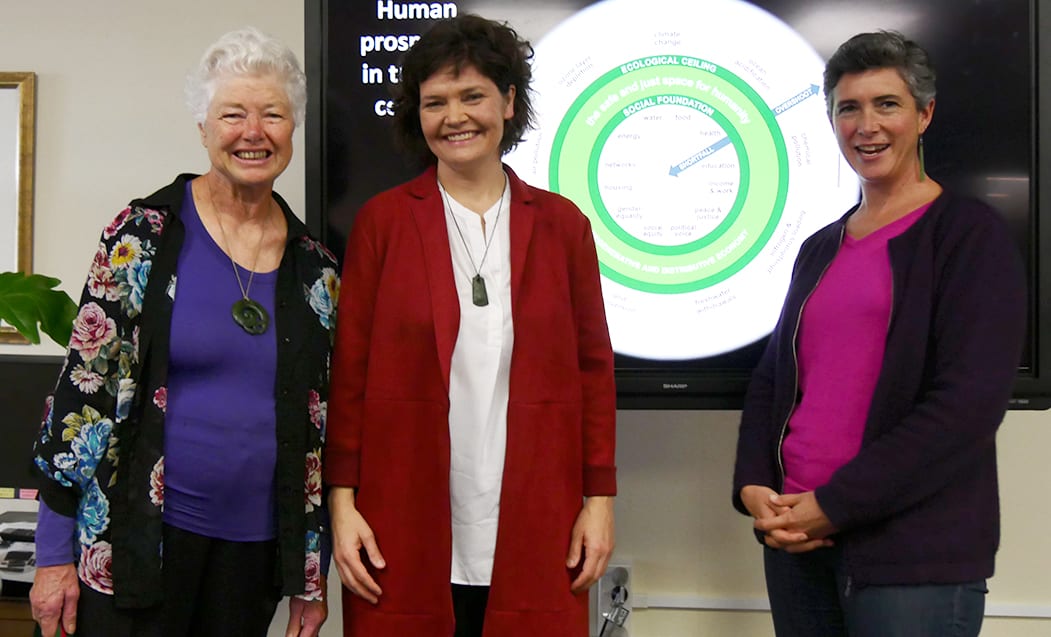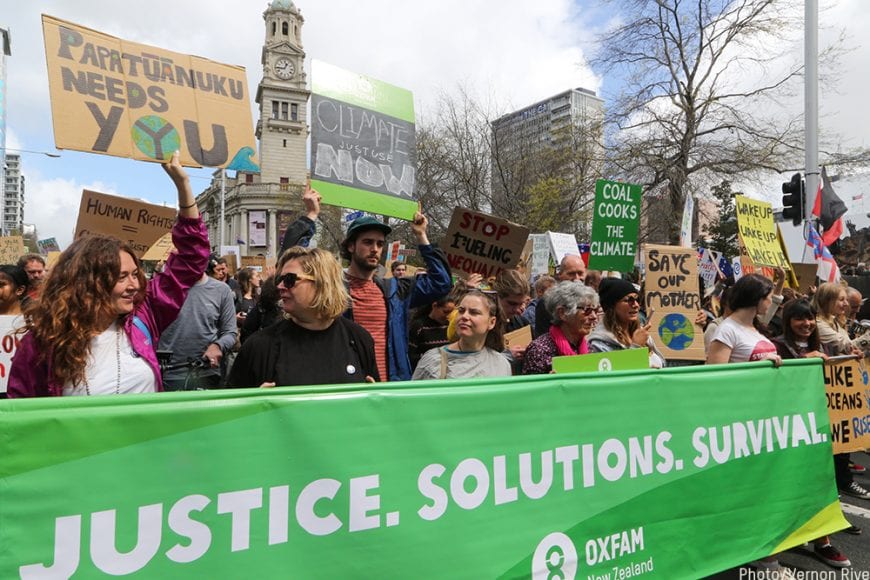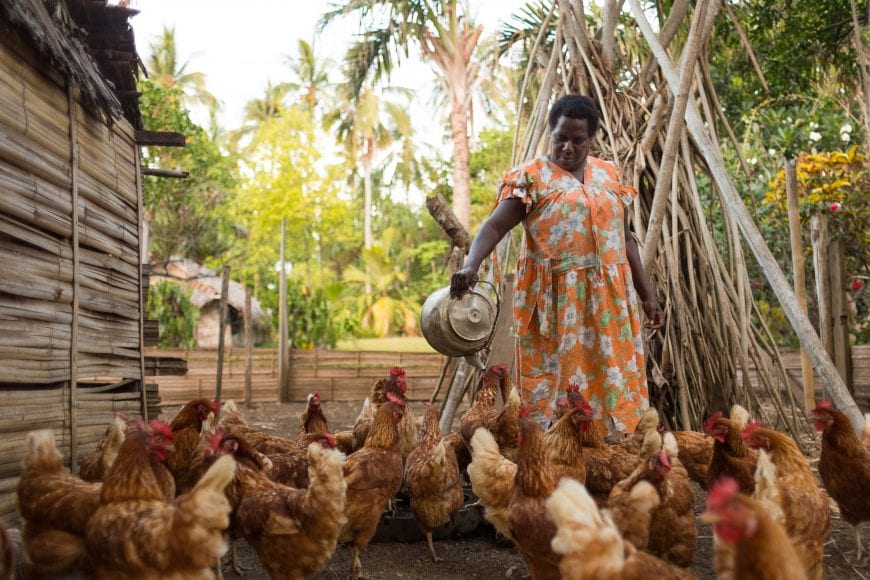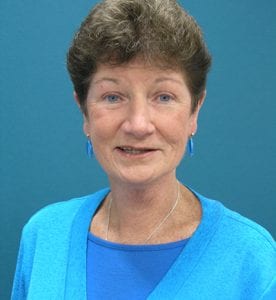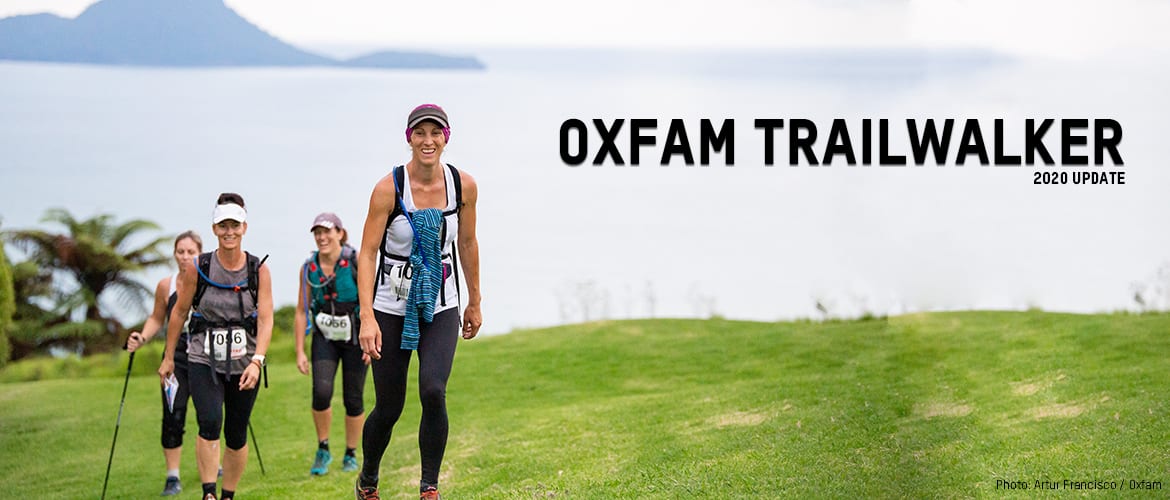
Statement from Oxfam New Zealand executive director, Rachael Le Mesurier:
“It is with great regret that Oxfam New Zealand announces the difficult but necessary decision of cancelling Oxfam Trailwalker 2020, due to be held in Whakatāne this weekend, March 21-22.
“The safety and welfare of all Oxfam Trailwalker participants, supporters, volunteers and community members is paramount. We have been assessing the risks and have been informed at every stage of our event planning by government and health authority instructions on the issue of COVID-19 containment.
“It takes a great commitment of time and energy by walkers, and their supporters, to prepare for this event. For the event to be cancelled four days out is hugely disappointing for all involved – especially so for walkers and their supporters – as well as the volunteers, Whakatāne community groups and the Oxfam team who have all given so much of their time already.
“Oxfam New Zealand thanks all potential participants for their valued contribution to Oxfam Trailwalker, and the impressive achievements made so far in training and fundraising. We are thinking of them as they have to cancel their trips, their accommodation and most of all, their hopes and aspirations in getting over that line together.
“Likewise, we feel deeply for the community of Whakatāne who will be hard hit by this fresh challenge and who we were looking forward to working alongside in what was to be our fifth and final year in the region. At every stage, for 2020 and over the last 5 years, the full Whakatane community have been absolutely wonderful partners for Oxfam. Warm, generous with real commitment to both Trailwalker and the change in the world we all want to see”.
“Dealing with the challenge posed by the global COVID-19 pandemic is one that we must all face as a community cooperating together.”
Oxfam Trailwalker is the ultimate team endurance challenge – each team of four tackles either 100 kilometres in 36 hours, or 50 kilometres in 18 hours, to raise money for Oxfam’s fight against poverty. It is not a relay – the teams of four start and finish together.
While the event 2020 is not going ahead, the money raised to date is still needed and will be used to continue Oxfam’s committed and vital work into 2020, providing much-needed funds in ongoing humanitarian relief, including preparation for the spread of this pandemic to the Pacific, as well as finding lasting solutions to the challenges of climate crisis, poverty and injustice in the Pacific and beyond.
Oxfam has been very involved in humanitarian responses to epidemics (such as the Ebola crisis) and other communicable health risks around the world. Our WASH programmes have at their heart the need to prevent transmission through clean water and good health and sanitation. As a world leader in this area we appreciate the measures that are necessary to protect our community.
Notes for editors:
Oxfam Trailwalker was to be held this weekend – March 21-22, 2020 – in scenic Whakatāne. Teams of four walk 50 kilometres in 18 hours or 100 kilometres in 36 hours to raise money for Oxfam’s work fighting poverty in the Pacific and all over the world. You can still contribute to this challenge by supporting and donating to your favourite team at www.oxfamtrailwalker.org.nz
The event was held in the Bay of Plenty region for the fourth time in 2019. A hundred kilometres of trail through Whakatāne, Ōhope and Edgecumbe sees participants walking along coastal tracks, sandy beaches, farmland and native bush. It was the first major event to be held in Edgecumbe since the floods in 2017. The top fundraising team for 2019 was team ‘N X NW’ who raised over $15,000. In total, participants raised more than $995,000 towards Oxfam’s work to support communities living in poverty in 2019.
Oxfam Trailwalker is part of an international series of 17 events held worldwide in 10 countries. Over the years, the event has raised hundreds of millions of dollars internationally for Oxfam’s life-saving work.
The event debuted in New Zealand in 2006 and was held in Taupō for 10 years. The event moved to Whakatāne in 2016 – the same year a 50-kilometre trail was introduced as an alternative to the traditional 100-kilometre trail.
Set up by the legendary elite Queen’s Gurkha Signals Regiment in 1981 as a military exercise to test teamwork, endurance and determination, Oxfam Trailwalker is the ultimate physical and mental challenge. It began in 2006 in New Zealand. Since then over 13,000 participants have lined up at the start line and raised more than $11 million.





